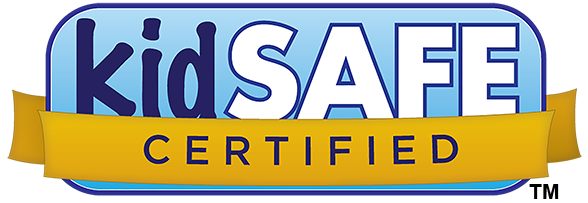I’ve got to come clean. When I received the news I was losing my job, I sort of freaked out. It wasn’t a huge, messy scene but I would have liked time to regain my composure. The email about funding cuts came in while I was tapping away on my computer in my remote work station known as the dining room table. There was no time to process the news on the commute home before I walked in the door to greet my family. My daughter was upstairs doing homework when she heard my cry of alarm.
I’ve had enough lessons over the years raising three children to know how closely kids watch a parent’s reaction to pretty well everything. They may look distracted when you’re fuming in a long line-up or processing some difficult news, but chances are, they’re tucking away that memory in a long list of daily observations.
Now, you’d be excused if that sounds like a lot of pressure. It’s hard to be scrutinized on most days, never mind when you’re not having your best moment. And of course, as parents, we want to raise happy and emotionally healthy children. Many of us would rather our kids see us with our act together and keep the vulnerability behind closed doors. Problem is, it’s not always a realistic plan.
The good news here is this works both ways! Our children are also watching when we recycle, ask questions about climate change, volunteer our time or share a kind word with a neighbour.
Parent research shows modelling is an effective way to influence child behaviour and life choices. For example, it’s believed the majority of students attending post-secondary had at least one parent who also pursued academics after high school. The same goes for eco-friendly habits. If a parent is an avid composter and let’s say, a fan of green energy, it can impact a child’s worldview.
There’s also an opportunity to tap into the power of modelling when things go wrong. So what to do when you’re grappling with an issue in real time with eyes on you?
- A quick smile or a hug with “I’m a little rattled at the moment but I’ve got this and I’m working on a few things here. It’s not about you and I’ll be sure to ask for help if I need it.”
- If you make a mistake and maybe lose your cool, try a do-over. “Hey, I think I could have handled that better. I’d like to try a “do-over” and see if I can take another shot at this.”
- Getting some space can do wonders. It’s not always possible but even saying “I’m going to take a moment to regroup. I’ll be right back,” can be a good place to start.
Parenting is all about practice. Life is full of curveballs and we can’t hide them all from our children. Sharing vulnerability with as much confidence as we can muster goes a long way in teaching our kids it’s okay to thrive and stumble. Whether you suggest cleaning up the local park as a family or asking for a quick “do-over” when you make a parent misstep, both are opportunities to model an authentic effort at trying our best.



